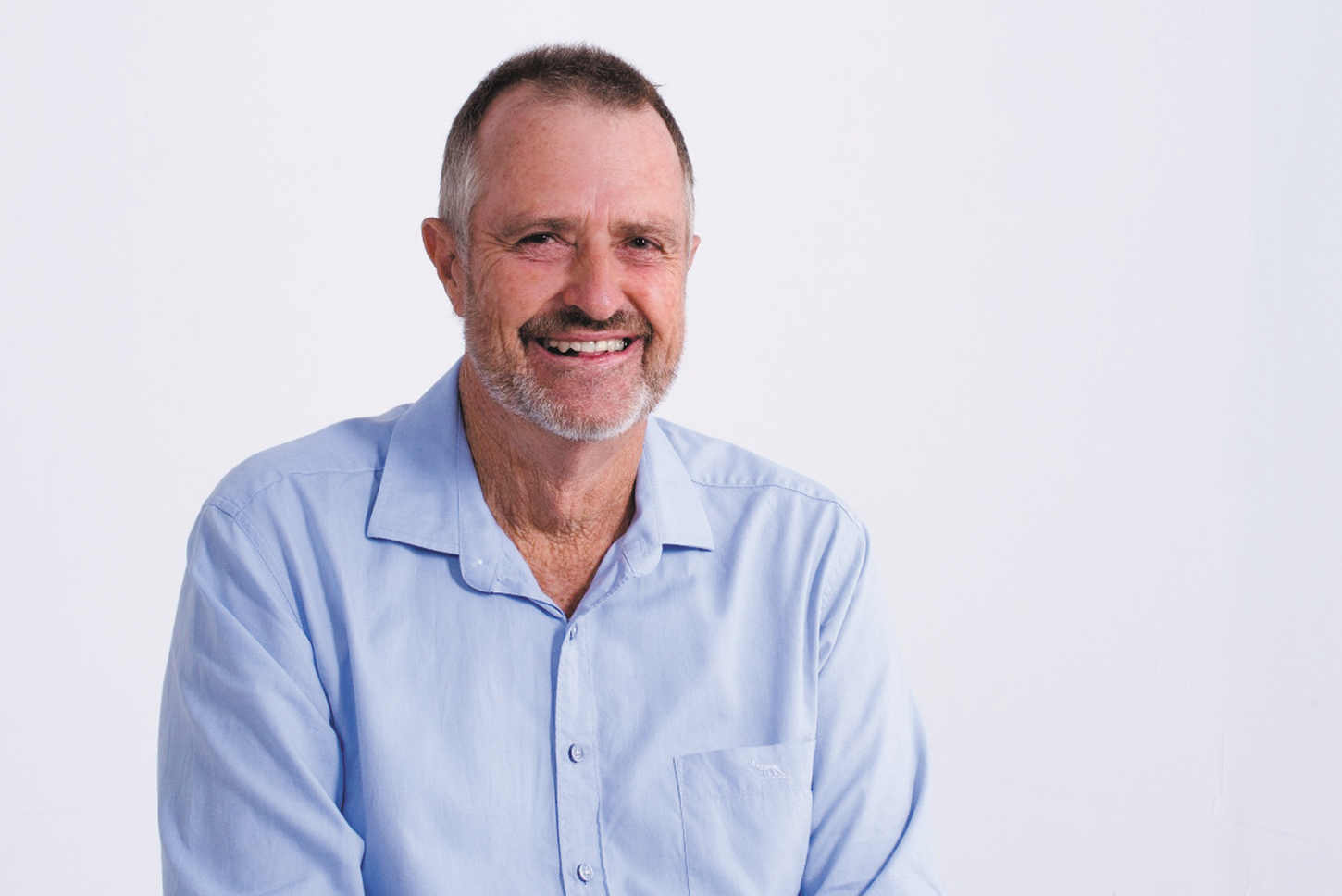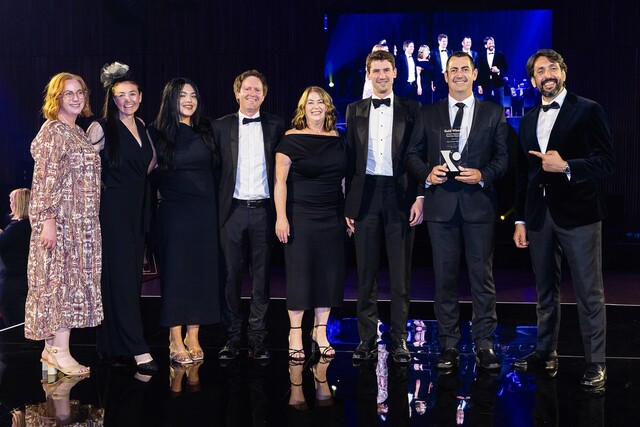Our region is quintessentially Australian – steeped in history, our towns are iconic in Australia’s history. But for me it’s our lifestyle – we enjoy the best of the Australian lifestyle.
I’ve been Mayor here since 2016, but I was elected to Winton Shire Council in 1997 and was Mayor at Winton from 2007-2012.
Local Government gives you a chance to shape the future of your community more than any other kind of public service.
I was a stock and station agent, so I’ve got a broad understanding of the issues facing our agricultural industries and primary producers.
I was inaugural chair of the Central West Hospital and Health Board from 2012-2016. I really enjoyed that role because we had to set up all the governance from scratch and we actually saw improved outcomes as a result.
I love attending the many great events in our community, but I have a soft spot for country racing – I’m often a volunteer official at our race meets. I’m also a long time member of Rotary and our local Parish Council which keeps me busy and helps me keep my finger on the pulse of our communities.
Money worries
Financial sustainability keeps most mayors up at night.
We have a very low rate base, and thanks to the worst drought in living memory our population dropped 12.5 percent between the 2011 and 2016 censuses.
Local Government is being called on for more services. A key challenge is building capacity in the community to avoid them becoming overly dependent on Council.
Energy and water are the keys to our future
Given our local conditions we have been seriously exploring options for the development of a massive scale solar farm.
We’re also interested in other forms of renewable energy, including geothermal. If we could offer some of the cheapest energy in Australia – just imagine what that would mean for our economy.
Securing our water will allow for the diversification of our agricultural industries and will mean we can offer a standard of liveability to attract people to come and live in our towns.
Proud moment
I’m so proud of our Longreach Wild Dog Exclusion Fence Scheme. The one-off loan of $17.9 million from Queensland Treasury Corporation will enable the construction of 2,500 km of exclusion fencing, protecting 900,000ha of land from wild dog predation.
We’ve struggled with this drought for the last five years and it’s impacted the whole community, not just the farmers. People forget about the businesses and services that flounder when there’s no money going around in a drought stricken community.
The decline in wool production since the nineties saw people getting into cattle, which doesn’t require as many people. A lot of places now only bring in help once or twice a year.
Sheep contribute much more to the economy, they’re still shearing and pressing bales much the same way they did one hundred years ago.
So this scheme means people can go back into sheep and by getting on top of predation it’ll also mean they can actually grow their flocks. They’ll be able to invest in infrastructure like yards and sheds – that’ll make a huge difference to the whole community.
Shearing teams and roustabouts will come back to the region, that’s more money into local businesses, more kids in our schools, it makes whole communities more sustainable.
Securing the scheme was one of the proudest moments of my career.
It’s the people you work with
My fellow councillors, the talented staff, and of course the community – the interactions with our team and our community really make being a councillor an incredible privilege. I honestly believe there is no downside to being in local government.
The future
We’ve set a target to increase our population 52 percent by 2027.
To get there we’re going to need to broaden our economic base. That could mean new types of agriculture including horticultural enterprise, manufacturing, any number of things.
It’s important for us as councillors to think beyond our own tenure, look to the future, and set an agenda that can be taken up by yet unknown Mayors and Councillors.

















